Revenue management is an important concept for those in the hotel industry. A revenue management system (RMS system) can go a long way towards ensuring you make informed decisions, based on evidence and data. In this article, you will learn more about RMS software, and the most important features to look out for.
What is Revenue Management?
Revenue management is making the right strategic and tactical decisions, to maximize the revenue you generate. To achieve this, you must make important choices linked to pricing, promotion, and distribution to bring in as much money as possible. Hotel owners should think of revenue management as the sale of the right hotel room, to the right person, at the right time, for the right price, via the right distribution channel, while maintaining the best cost efficiency.
What is an RMS System?
A revenue management system, or RMS system, is a form of hotel management software, which allows you to quickly and easily carry out many of the tasks associated with revenue management. For instance, you can carry out complex calculations quickly, or access real-time analytics, to make informed decisions. Typically, the system will be able to draw on information from both internal and external sources. An RMS System will use the data and its own algorithms to conduct a real-time analysis of the state of the market, and demand, to calculate ideal room rates.
Why Does Every Hotel Needs an RMS System?
Effectively running a hotel is complicated and involves juggling many different responsibilities. However, managing financial performance and your overall business results is one of the most significant. This is where a revenue management system can be beneficial, allowing you to track performance information in real time. Moreover, your RMS system should allow you to create realistic and accurate forecasts to anticipate demand and make the necessary adjustments to maximize the revenue you generate.
What Are the Most Important Features of an RMS System?
Revenue management systems tend to be complex software applications, with a wide range of functions. Below, you will find more information about some of the most important features for your RMS system to include.
1. Forecasting Management
The entire premise of hotel revenue management relies heavily on anticipating demand. Therefore, any RMS software you use should offer comprehensive forecasting management functionality. This should include quickly and effortlessly creating accurate forecasts based on all available information and data. For maximum accuracy, it should be possible to generate forecasts based on past performance data, information that is currently in your books, previous booking patterns, local events, and patterns connected to pricing. These forecasts should also be able to be adjusted in real-time, simply by making changes to the data.
2. Pricing System
One of the most important features of revenue management hotel software is a pricing system, which can make intelligent proposals for room rates, based on the anticipated level of demand. Ideal room rates should be able to be calculated for individual bookings, corporate bookings, group bookings, leisure bookings, and more. The benefit of this is that information about ideal pricing can be provided in real-time, ensuring you can respond quickly to any changes. It is vital that the rates you are charging can be easily adjusted and put into effect too.
3. Integrations With Third-Party Software
A modern hotel typically uses several different software solutions, rather than one single hotel management software solution. For this reason, your revenue management system must offer integration with third-party applications or systems, so that they can work in conjunction with one another. The most important software integrations include channel management, rate-shopper software, property management systems, and customer relationship management. In all cases, two-way data sharing should be possible.
4. Channel Management
A high-quality RMS system will also have channel management functionality, allowing you to distribute inventory information across various channels. This information could include live room availability and rates, with channels including the hotel website, OTAs like Expedia, and hotel booking platforms like Booking.com. Crucially, this channel management capability should also allow you to manage rates on each channel and availability per channel. For example, you could set it so that a certain percentage of your rooms will be distributed through the hotel website only, avoiding commission on those while still catering to other channels.
5. Cloud-Based
A cloud-based revenue management system is advantageous for several reasons, mainly the improved data-sharing capabilities provided. This will mean that larger amounts of data can be handled, while it will also be easier for people to share data from different departments and hotel chains. In addition, cloud technology is also beneficial for keeping software updated. New versions can be rolled out regularly, even with fairly minor updates, meaning you will always have the latest and best product.
6. Reporting
Another crucial function of your RMS system is the ability to produce several different reports. These reports should present information on topics like revenue generation, or the performance of specific channels. Reports should also feature revenue management KPIs, like revenue per available room (RevPAR). The best solutions will offer various formatting options, making the reports easier to share with stakeholders. They will also offer several export options and the ability to save reports in popular file formats.
7. Data Visualisation
Finally, the information provided by your revenue management system may need to be analyzed by multiple departments and may need to be presented in different ways. For this reason, the software must be able to offer data visualizations, such as charts, graphs, and other graphics. Not only can this make it easier to share data with others, it can also make it easier to identify significant trends. This can then assist with revenue management by allowing you to act more quickly to resolve issues.
Choosing Your Hotel Channel Manager Software
There are several important software solutions for hotels, including an RMS system, but one of the most beneficial is a hotel channel manager. This software will allow you to manage inventory information, adjust pricing and update hotel descriptions across multiple distribution channels, all from one place.
Read “Hotel Channel Manager: Nr. 1 Guide to Hotel Channel Management!” for information on what a hotel channel manager is, and why it matters.
What is Total Revenue Management?
Total revenue management can be seen as using data and analytics to anticipate demand and customer behavior, to optimize pricing and availability across all revenue sources. When implemented properly, it allows hotel owners to maximize profitability for all business areas.
Check out “Total Revenue Management: How Hotels Can Maximize Their Revenue” if you would like to learn more about total revenue management, how it differs from more conventional revenue management, the various benefits, and tactics for implementing total revenue management in your property.
An effective revenue management strategy can help you improve financial results by maximizing the amount of money brought in. For best results, you must find the best RMS software solution for your particular needs, and the features listed in this article are among the most important to look out for.
More Hotel Management Software Tips
Would you like to learn more about hotel management software solutions that can help you to grow your hotel business? In the following articles, you will find more information about the most important hotel management software for hotels:
- PMS System: What Are the Most Important Features?
- Hotel Distribution Channel Manager: What Are the Advantages?
- Hotel App: Optimize Your Guest Communication, Experience & Revenue
- Hotel Management Software: What Are the Benefits for Hotels?
- PMS Software: Which Software Integration Should a PMS Have?
- Hotel Software: The Most Important Software Solutions for Hotels
More Tips to Grow Your Business
Revfine.com is the leading knowledge platform for the hospitality and travel industry. Professionals use our insights, strategies, and actionable tips to get inspired, optimize revenue, innovate processes, and improve customer experience.Explore expert advice on management, marketing, revenue management, operations, software, and technology in our dedicated Hotel, Hospitality, and Travel & Tourism categories.
This article is written by:
Hi, I am Martijn Barten, founder of Revfine.com. With 20 years of experience in the hospitality industry, I specialize in optimizing revenue by combining revenue management with marketing strategies. I have successfully developed, implemented, and managed revenue management and marketing strategies for individual properties and multi-property portfolios.

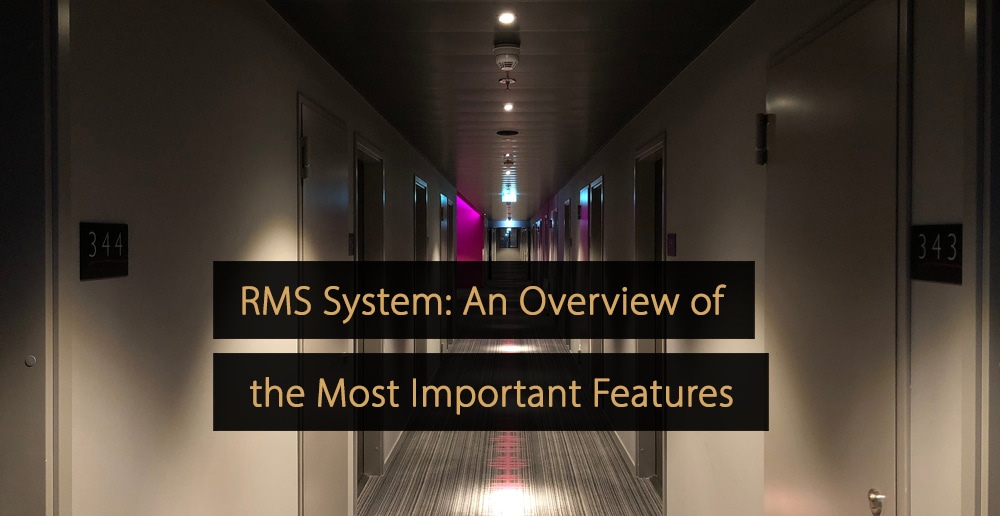

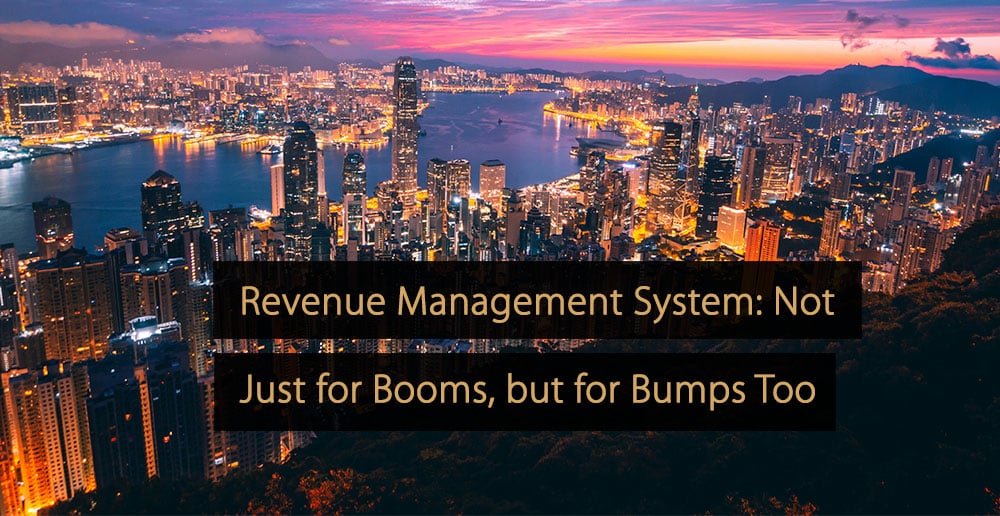
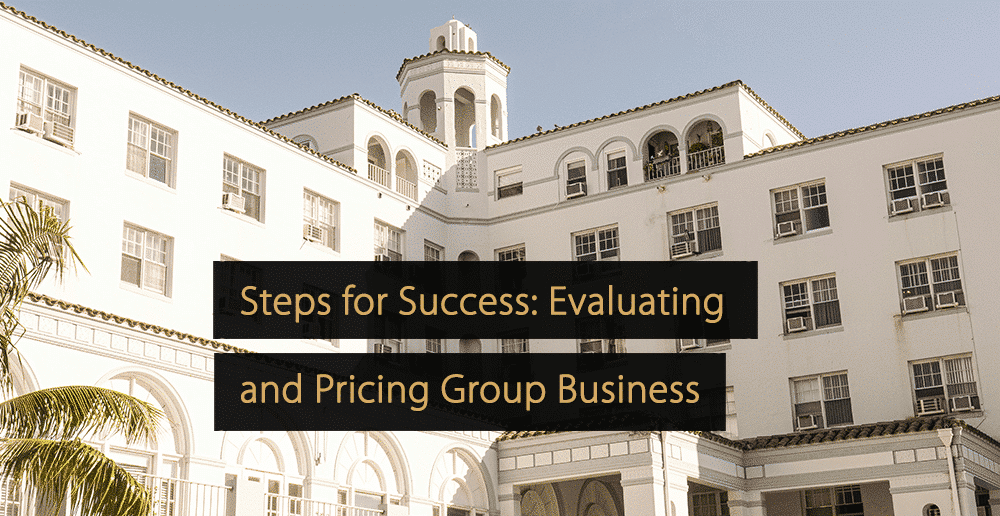
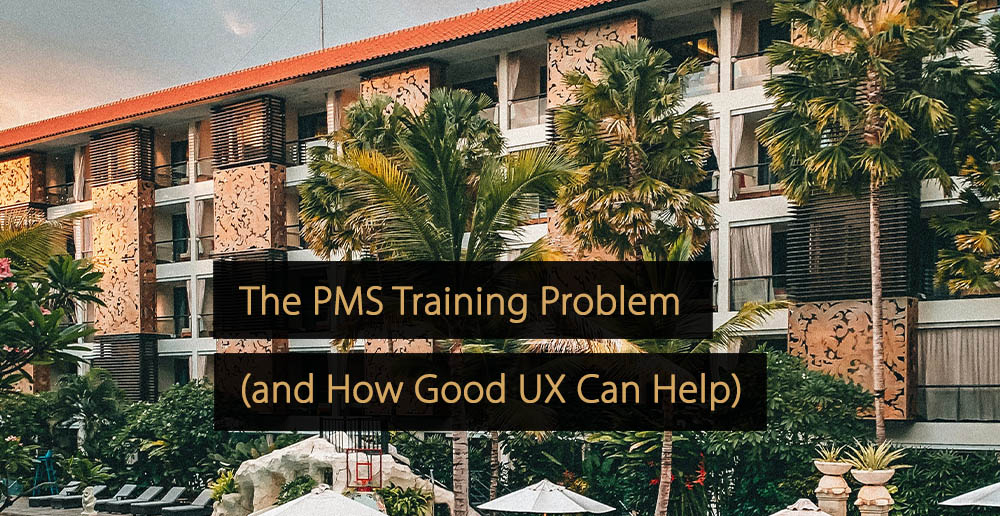
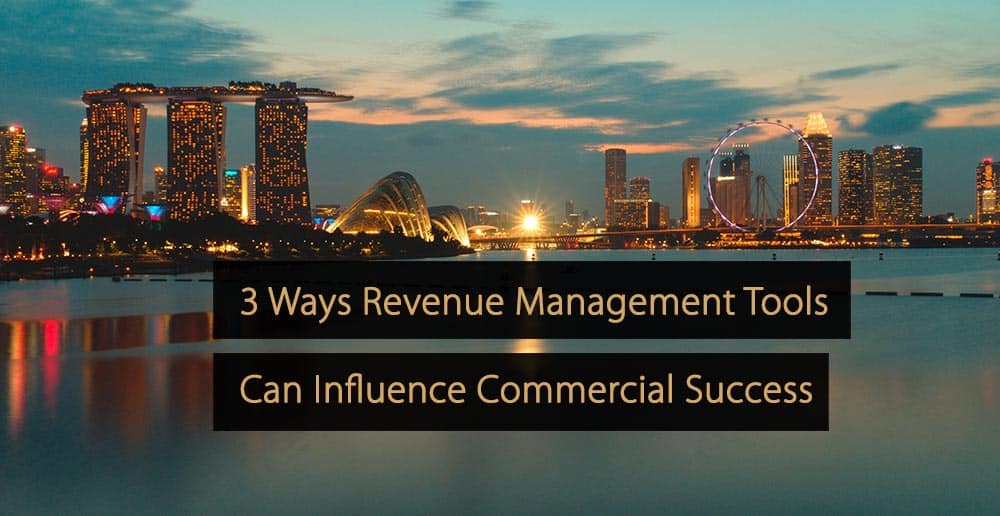
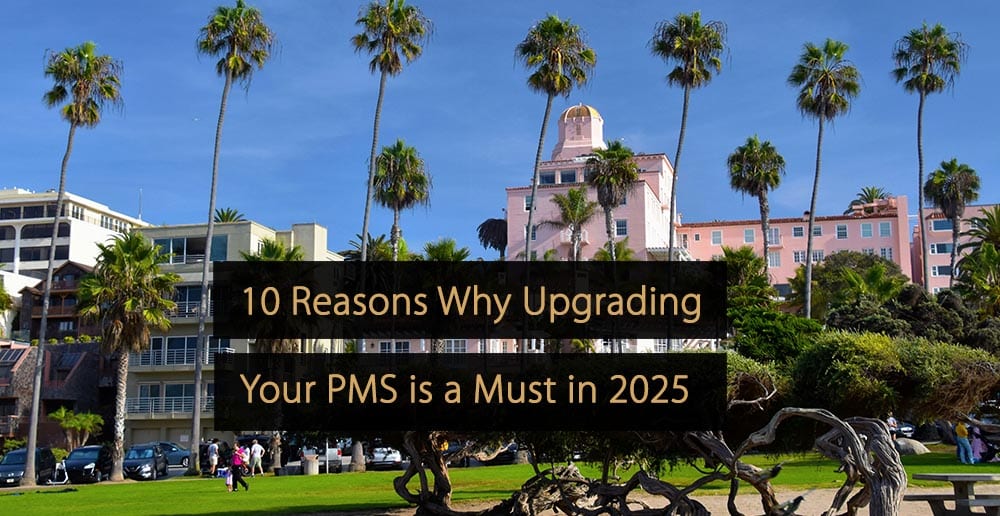
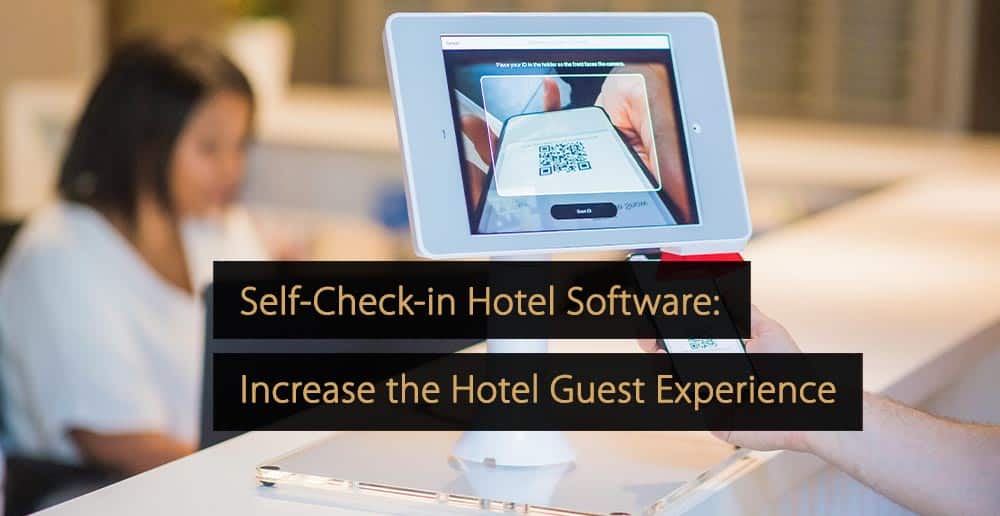
Leave A Comment